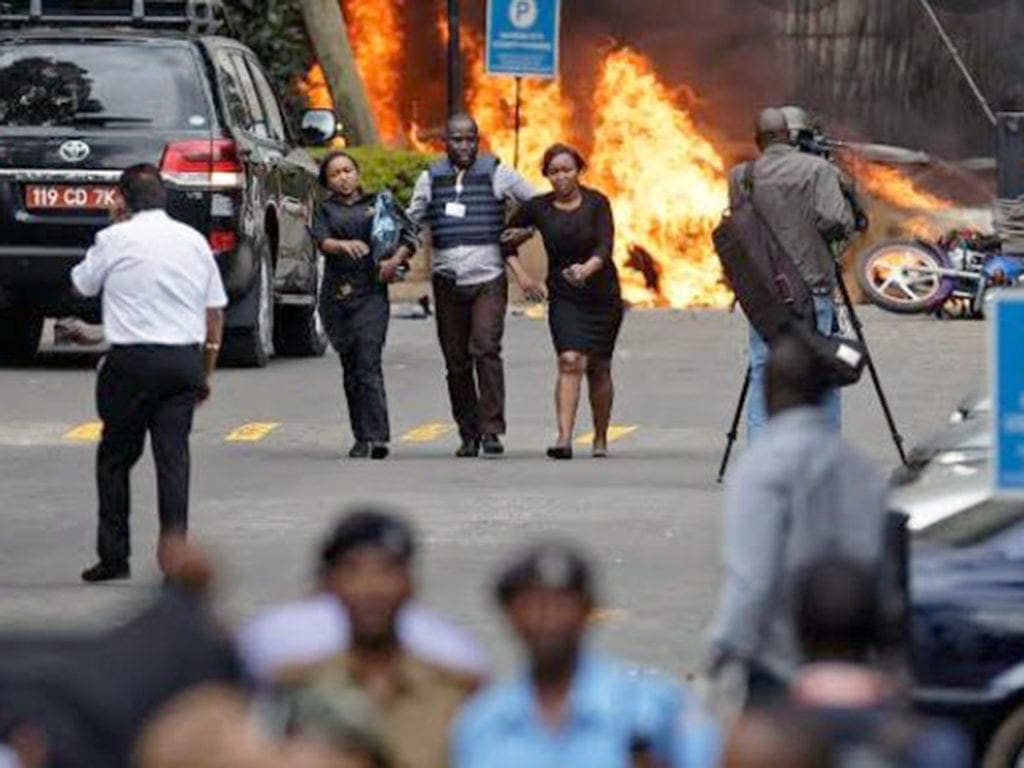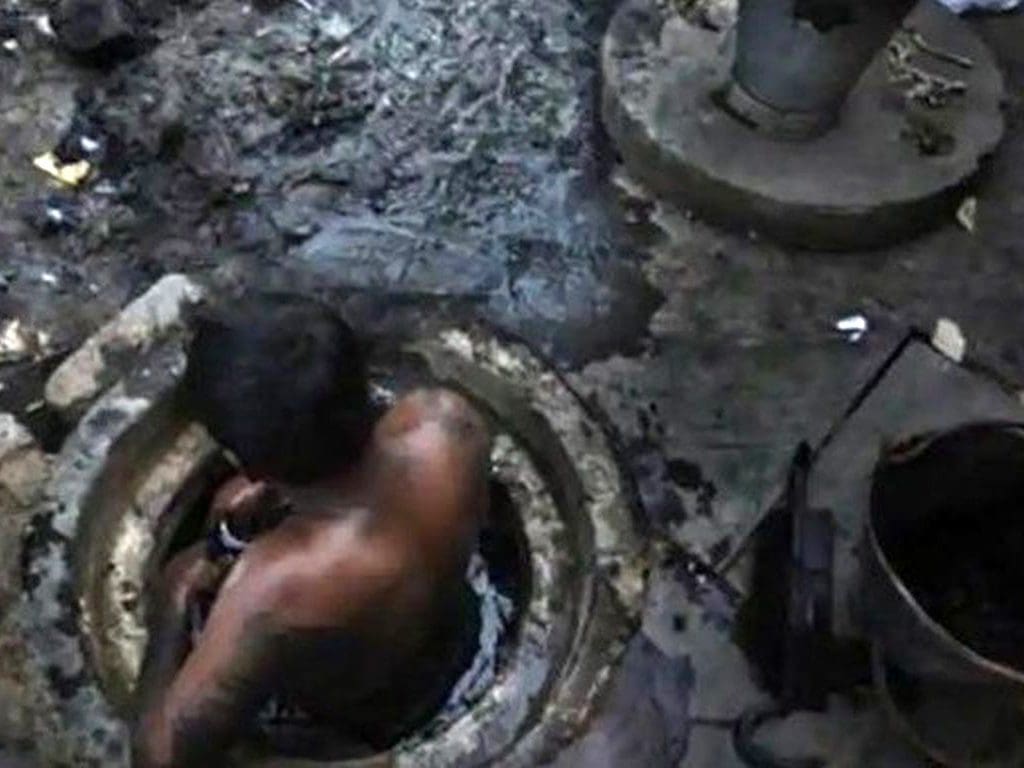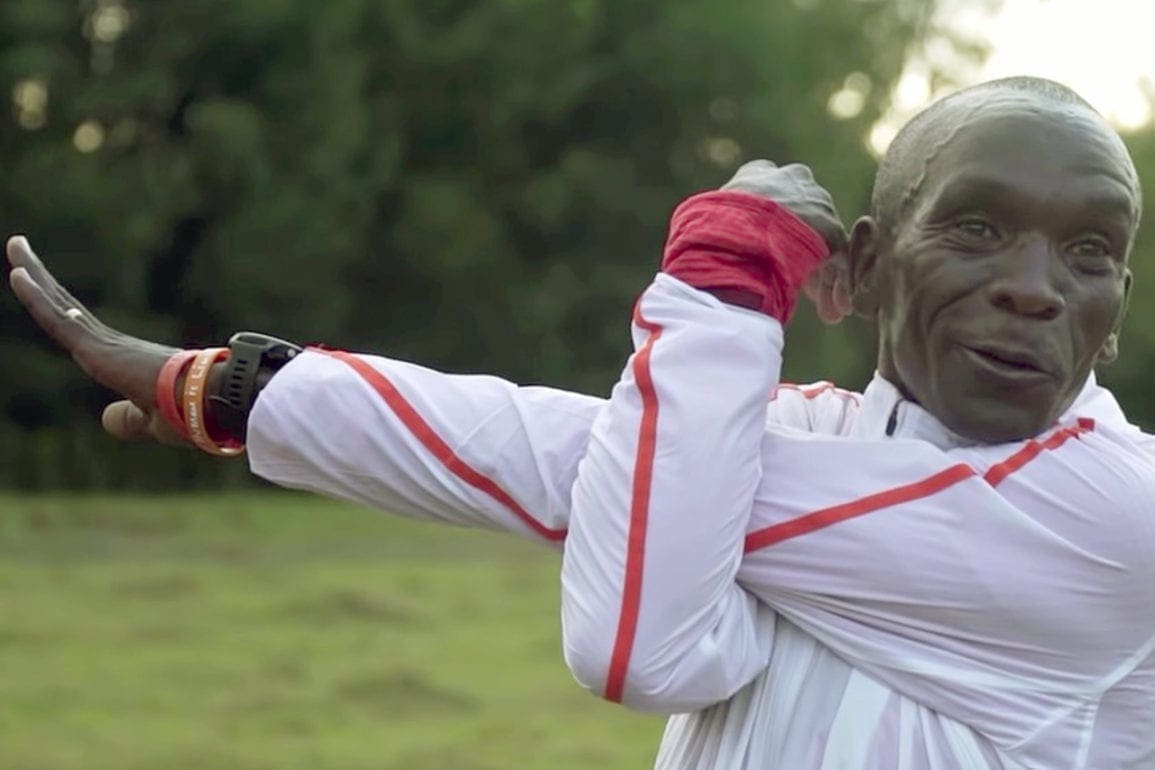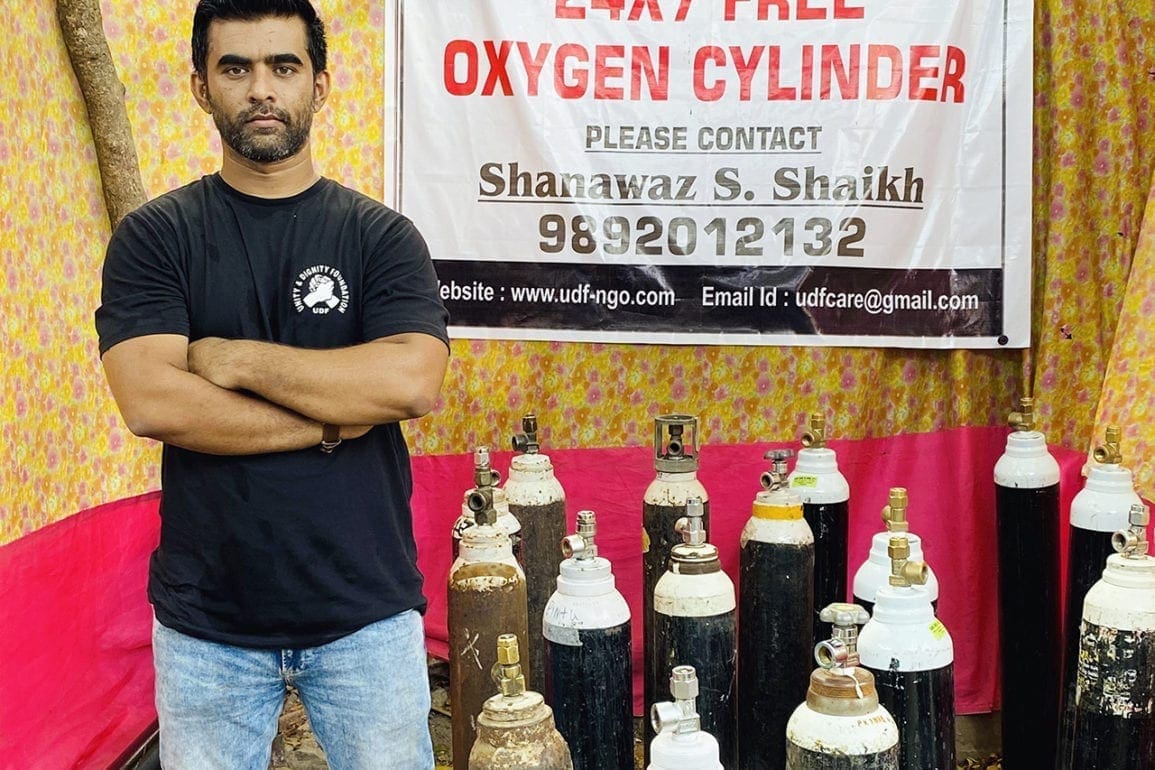Trauma of Kenya terror attack burns in my mind
We heard loud gunshots. We knew it was just a matter of time before the attackers found us.
- 5 years ago
June 7, 2021
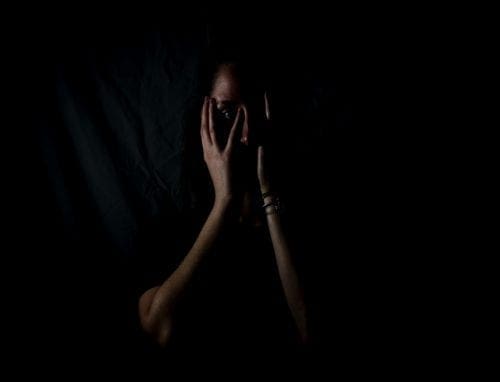
NAIROBI, Kenya — On June 15, 2019, a miracle happened. I survived a terror attack.
The evil I witnessed that day remains fresh in my mind. Even more painful is the trauma I have coped with for the last three years.
The attack I survived was carried out by Al-Shabaab, an Islamic terrorist group.
At 2:30 p.m., I arrived at DusitD2 [a modern hotel and resort chain] on Riverside Drive. I was hurrying inside the mall because I had to get back home to pick up my children from school.
As I shopped, I heard a very loud explosion. At first, I didn’t take it seriously. I was on the second floor and continued shopping in the supermarket boutique. Then, I heard a loud bang.
Gunshots and screams
It was followed by gunshots and screams. As people rushed to the windows to see what was going on, my first thought was to go downstairs to the first floor and just go home.
“Wamekuja, ni al-Shabaab,” one man said in Swahili, which translates to “They have come, I think it’s al-Shabaab”.
The scene triggered the memory of the Westgate shopping mall attack and how brutal it was. I thought, “My life is over.”
I remember one man told us not to go to the first floor since the attackers were already there. He told us to go further up and hide in the rooms on the third floor, hoping the police would arrive swiftly.
About 10 of us hurried to the third floor and hid in one of the insurance company offices. We continued to hear loud gunshots and about two hours passed. By then it was 5 p.m. and we knew it was just a matter of time before the attackers found us.
Sent emotional text
I texted my husband one of the most emotional texts I think I will ever send in my lifetime.
I told him I was in danger; that I had gone to DusitD2 and Al-Shabaab attacked.
I said, “Just know I love you and our dear kids. Take care of them and I love you all”.
Death seemed moments away.
The gunshots outside were deafening and people continued to scream. We could not leave our hiding place.
My husband tried to call me, but the group asked me not to pick up my phone, and they told me to put it on silent mode.
I texted again and told him we were hiding on the third floor in an office.
The attack continued. Now it was 7 p.m. I managed to squeeze myself into a tiny bathroom.
At around 8 p.m. we heard gunshots at very close range. There was shouting all around us. The office doors opened.
Chaotic exchange
Everything in the room was turned upside down and the bathroom door opened.
A voice rang out, “Stay down and hands up.”
It was not the terrorists.
Two heavily armed Kenyan police officers from the General Service Unit (GSU) frisked us.
We had no firearms. They asked us to stay calm and told us we would be taken out in a short while.
I remember walking over dead bodies as we were led out by anti-terrorism police. The scene was horrific. I had never experienced such anxiety and fear before and it has not left me.
To this day, I have a higher pulse, high blood pressure, and stress-related diseases.
The attack I experienced was just one of a string of attacks in Kenya.

